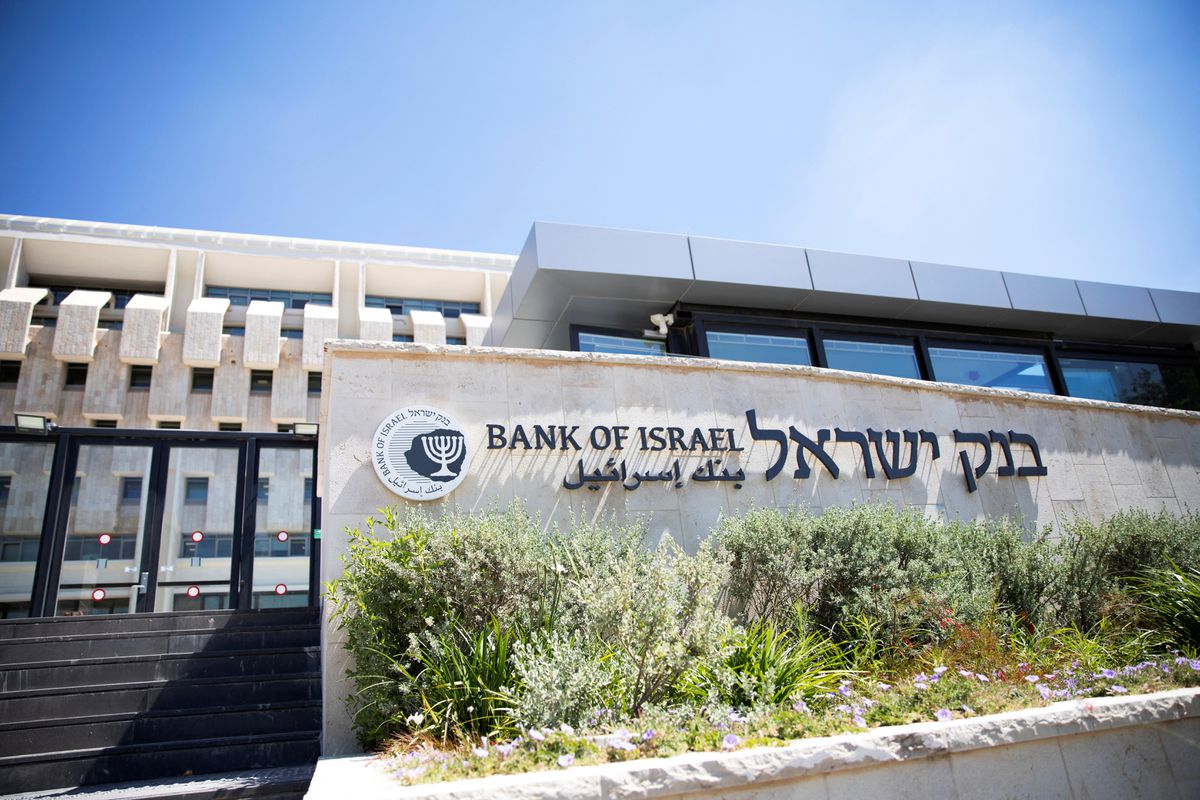The Bank of Israel raised its benchmark interest rate (ILINR=ECI) for the first time in 3-1/2 years on Monday, as expected, to combat rising inflation partly caused by robust economic growth and a tight labour market.
The central bank lifted its key rate to 0.35 per cent from 0.1 per cent — an all-time low where it had stayed for the prior 15 decisions since a 0.15 point reduction at the outset of the COVID-19 pandemic.
“The Israeli economy is recording strong growth, accompanied by a tight labor market and an increase in the inflation environment,” the central bank said.
The monetary policy committee, it said, decided that “conditions allow for the start of a gradual process of increasing the interest rate.”
It added that the “pace of raising the interest rate will be determined in accordance with activity data and the development of inflation, in order to continue supporting the attainment of the policy goals.”
The bank’s research department kept its forecast for GDP growth in 2022 at 5.5 per cent and updated its 2023 forecast to 4 per cent growth, versus a previous forecast of 5 per cent.
All 14 economists polled by Reuters had said they expected the monetary policy committee to raise rates, 12 of them predicting a 0.15 point increase and just two expected a quarter-point move.
Israel’s annual inflation rate reached an 11-year high of 3.5 per cent in February, moving above the government’s 1-3 per cent annual target range. At the same time, Israel’s economy grew 8.2 per cent in 2021, while the jobless rate has fallen to 3.2 per cent.
In recent weeks Bank of Israel Governor Amir Yaron and deputy Andrew Abir have prepared the markets for higher rates, saying the cycle would move faster than expected.







Click here to change your cookie preferences